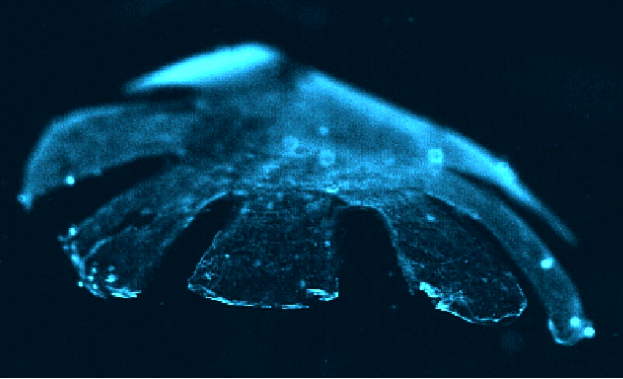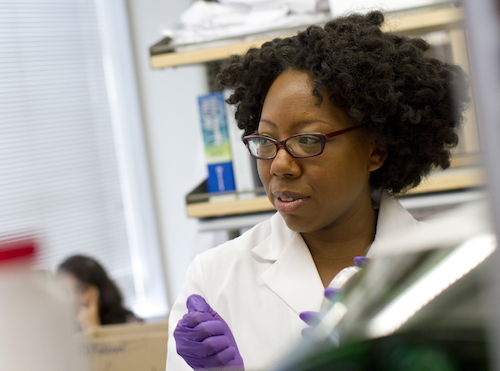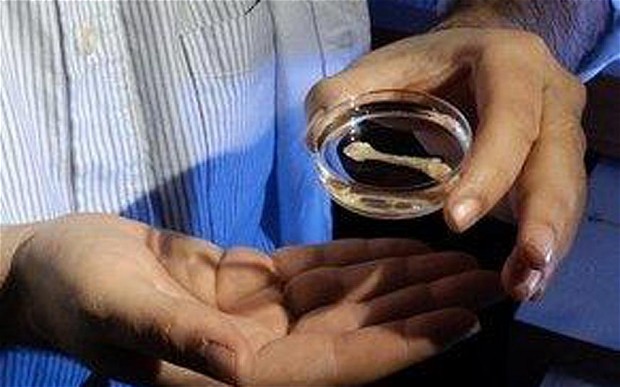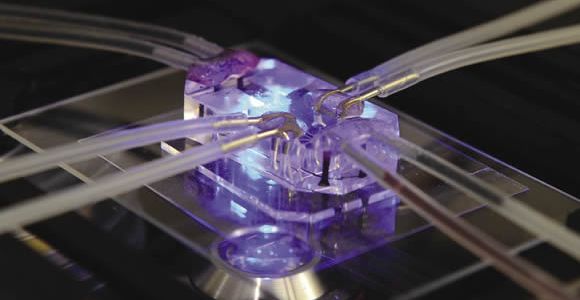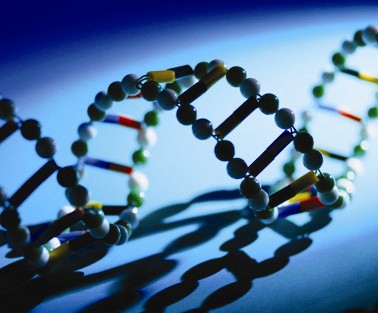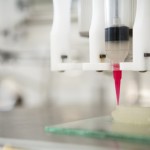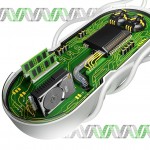 The Parker Lab at Harvard University has incredibly created an artificial ‘jellyfish’ from nothing but rat heart cells. The lab has dubbed their creation a “medusoid” and they are using it to understand the fundamental laws of muscular pumps (such as the heart). Parker remarked about the work:
The Parker Lab at Harvard University has incredibly created an artificial ‘jellyfish’ from nothing but rat heart cells. The lab has dubbed their creation a “medusoid” and they are using it to understand the fundamental laws of muscular pumps (such as the heart). Parker remarked about the work:
As truly impressive as this seems, it does slightly gloss over the issue that this “organism” could hardly be considered life under most definitions. It has scarce cell diversity, requires an electrical pulse to move, is not capable of maintaining homeostasis, and cannot reproduce. Nonetheless this is an important first step in the direction of engineering novel organisms from scratch.
Read an article about the work from Nature here. The original paper can be found here. Check out two videos of the jellyfish swimming after the break.











